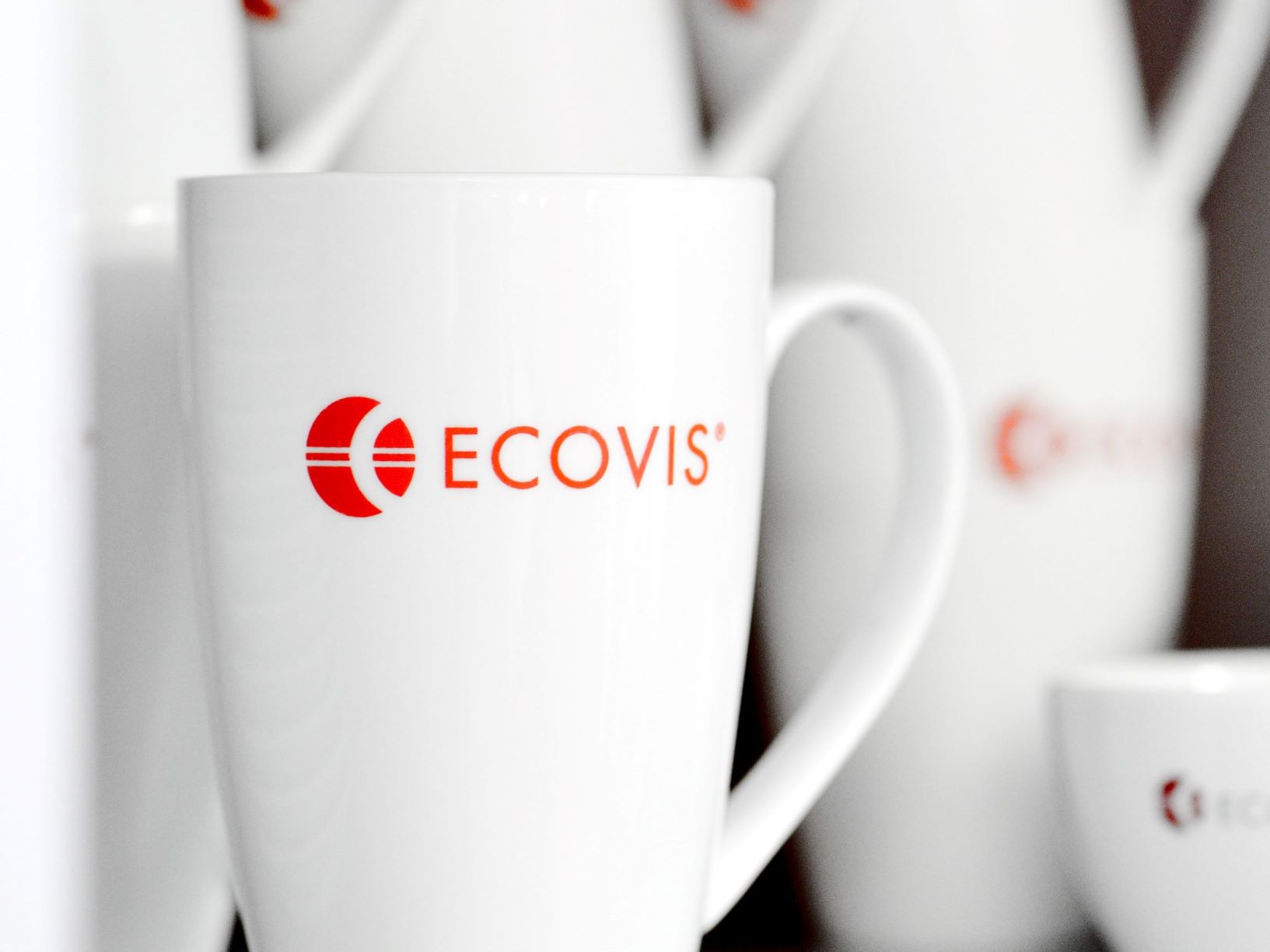The amendment to the Czech Labour Code in the year 2020. New shared workplace institute and new calculation of holiday, compensation for damage and non-pecuniary damage, delivery of documents to employees, transfer of rights and other changes
Amendment to the Czech Labor Code 2020 effective from July 30, 2020
Amendment to the Czech Labor Code 2020 was published in the Czech Collection of Laws on June 26, 2020 and will take effect on July 30, 2020. From this date, it is possible to use the new institutes of the shared job, the new method of delivery, posting of employees, etc. The new institutes inextricably linked with the passage of time and the public budget will not take effect until 1.1.2021. The transitional provisions further stipulate that, for example, the right to leave, which arose before 1 January 2021, and the drawing of this leave, even if it occurs after 31 December 2020, is governed by Sections 211 to 223 of Czech Act No. 262/2006 Coll., the Czech Labour Code as amended before 1 January 2021.
The amendment to the Czech Labor Code 2020 brings long-awaited and necessary changes in practice, together with the solution of compliance with EU regulations and case law, contributes to the simplification of communication between subjects of labor relations and reduces the administrative requirements for employers. The key change affects the method of calculating holiday, it is a matter of simplifying and clarifying the calculation. Furthermore, it brings a completely new institute of shared workplace and many other necessary changes. The amendment also contains the transposition of Directive (EU) 2018/957 of the European Parliament and of the Council of 28 June 2018 amending Directive 96/71 / EC concerning the posting of workers in the framework of the provision of services.
Holiday as amended by the Czech Labour Code 2020
One of the main points of the amendment to the Czech Labour Code 2020 is the modification of the concept of determining the right to holiday and its length..
The calculation of days worked for the calculation of holiday is completely abandoned and a more accurate method of calculation will be used according to the hours worked representing the respective length of weekly working hours of a particular employee. In future, therefore, in terms of types, holiday is divided only into holiday per calendar year or its proportional part and additional holiday.
Holiday for a calendar year will be determined as follows - an employee who, during a continuous period of employment with the same employer, performed work for 52 weeks in the relevant calendar year within the specified weekly working hours for that period weekly working time multiplied by the amount of leave to which the employee is entitled during the relevant period. If the employee has worked for a shorter weekly working time, he will be entitled to leave corresponding to this shorter weekly working time
In this way, a fair calculation of the actual reality will be achieved. It will no longer happen that employees with the same weekly working time will, as a result, have different lengths of holiday on weekdays, depending only on the number of shifts, regardless of their length, on average for one week.
Other partial changes consisting in enabling the transfer of part of the unused holiday to the following calendar year.
New shared workplace institute introduced by the Czech Labor Code in 2020
The entrenchment of the new legal institute of the so-called shared job brings the employer the opportunity to fill one job with two or more employees who have shorter working hours and the same type of work. Based on the agreement, the employees will schedule their working hours into shifts so that each of them, on the basis of a common schedule of working hours, will fill the average weekly working hours in a maximum of four-week compensation period. The total weekly working time within one working week at a shared location may not exceed the specified working hours.
The employer's agreement with all employees in the shared workplace must be concluded in writing and must contain more detailed information on the schedule of working hours. In practice, this means providing a greater degree of flexibility for employees who can schedule working hours themselves according to their needs and preferences, it is a breakthrough of the concept of the employer's last word in the schedule of working hours. Employees are obliged to submit to the employer a joint written schedule of working hours at the shared workplace no later than 1 week before the beginning of the period for which the working hours are scheduled, otherwise the schedule is determined by the employer himself.
The employer may employ several people at once within one job. The performance of work will always be performed within the agreed rotation between employees.
Compensation for damage and non-material damage modified by the Czech Labour Code in 2020
The Labor Code newly introduces the institute of one-off compensation for non-pecuniary damage in the event of particularly serious damage to the health of an employee, thus adding to the exhaustively defined types of compensation. When applying this institute in practice, it can be expected that it will be a particularly serious intervention in the health status of the employee, which will almost exclude him from the sphere of social life and cause harm to his loved ones comparable to the death of the employee. This compensation can also be granted to other persons in a family or similar relationship who feel the employee's harm as their own harm. In the event of serious injury caused by particularly serious injury to an employee, this compensation will be taken into account when determining the amount of one-off compensation for survivors.
The reimbursement of reasonable costs associated with the funeral will no longer be tied to the amount of CZK 20,000, but will be based on 1.5 times the average wage in the national economy found for the first to third quarters of the calendar year preceding the calendar year in which the right to this damage compensation. The amount of 1.5 times the average wage is only the lower limit for the amount of compensation, so the employer can consider the increase himself, but the actual amount of costs cannot be exceeded.
Another change is the extension of the circle of persons who are granted one-off compensation for survivors. The person who feels the death of the employee as his own harm is, in addition to the spouse, partner, parents and children, one of the entitled persons. In the case of an employee's children, compensation will not be linked to their dependency, and in the case of parents, cohabitation in the same household. Mental suffering and pain from loss cannot be linked to conditions such as care and cohabitation
Delivery of documents modified by the Czech Labor Code in 2020
As part of the response of the amendment to the Labor Code to practical problems, the method and possibilities of delivering labor law documents are also regulated. The change regulates the method of delivery of documents exhaustively defined in section 334 of the Labor Code, which must be delivered to employees by their own hands, these are documents concerning:
• the establishment, modification (alteration) and termination of an employment relationship
• agreements on work performed outside an employment relationship
• discharge from a managerial position
• important documents concerning remuneration, such as:
- wage statement [section 113(4)]
- salary statement (section 136)
- report of temporarily incapable insured person's breach of his regimen
Documents will be delivered to employees primarily in their own hands at the workplace; if this method of delivery is not possible, documents can be delivered to employees wherever it can be reached, through the postal service provider, network or electronic communications service, or via data box, which is a completely new way for the Labor Code.
For delivery through the data box, the employee must give written consent, then it is possible to deliver to the data box with the possibility of fiction of delivery within 10 days of delivery.
Furthermore, the deadline for depositing documents is changed in the event that the employee is not found. If it is delivered via postal services and the employee is not reached, the new period is extended from the original 10 days to 15 days.
Transfer of rights and obligations from labor relations as amended by the Czech Labor Code in 2020
During the transfer of rights and obligations from employment relationships, the new acquiring employer automatically enters into full the rights and obligations of the existing employer. The new wording of the law seeks to strengthen the overall protection of the employment relationship between the employee and the new employer. More precise regulation of the transition brings employees greater legal certainty, conditional on the transition by meeting cumulative conditions.
At the same time, the conditions for resigning an employee due to the transfer of rights and obligations from employment relationships are being adjusted. The employee is thus entitled to give notice within 15 days from the day when he was informed of the transfer to the legal extent and no later than 30 days before the date of entry into force of such transfer.
Posting of workers in the framework of the provision of services as amended by the Labor Code 2020
The amendment also transposes Directive (EU) 2018/957 of the European Parliament and of the Council of 28 June 2018, which amends the existing Directive 96/71 / EC on the posting of workers in the framework of the provision of services..
This regulation is included for the purposes of so-called chain posting, when the posted worker is sent on. The new EU directive stipulates that posted workers will be based on the same rules governing the remuneration and working conditions of local workers.
Reduction of administrative complexity as amended by the Labor Code 2020
Newly, the employer will no longer be obliged to issue a certificate of employment to the employee in the event of termination of the agreement between the employees performing the work on the basis of concluding an agreement on the performance of work. This does not apply to cases where the execution of the decision is carried out by deductions from wages, or when the employees were participants in sickness insurance pursuant to Section 7a of Act No. 187/2006 Coll., On Sickness Insurance. As a result, the employer will not be delayed by administrative requirements.
For more information, contact us at:
JUDr. Mojmír Ježek, Ph.D.
ECOVIS ježek, advokátní kancelář s.r.o.
Betlémské nám. 6
110 00 Praha 1
e-mail: mojmir.jezek@ecovislegal.cz
www.ecovislegal.cz
About ECOVIS ježek advokátní kancelář s.r.o.
The Czech law office in Prague ECOVIS ježek practices mainly in the area of Czech commercial law, Czech real estate law, representation at Czech courts, administrative bodies and arbitration courts, as well as Czech finance and banking law, and provides full-fledged advice in all areas, making it a suitable alternative for clients of international law offices. The international dimension of the Czech legal services provided is ensured through past experience and through co-operation with leading legal offices in most European countries, the US, and other jurisdictions. The Czech lawyers of the ECOVIS ježek team have many years of experience from leading international law offices and tax companies, in providing legal advice to multinational corporations, large Czech companies, but also to medium-sized companies and individual clients. For more information, go to www.ecovislegal.cz/en.
The information contained on this website is a legal advertisement. Do not consider anything on this website as legal advice and nothing on this website is an advocate-client relationship. Before discussing anything about what you read on these pages, arrange a legal consultation with us. Past results are not a guarantee of future results, and previous results do not indicate or predict future results. Each case is different and must be judged according to its own circumstances.














